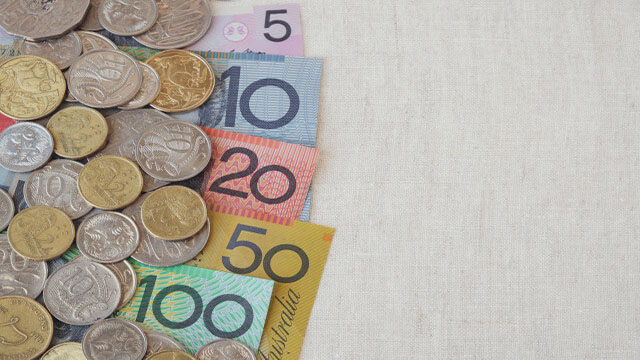
 853
853
Australian Dollar Struggles as Trade Surplus Dips and US Dollar Gains Strength
The Australian Dollar (AUD) is facing challenges after the country’s trade surplus dropped to 4.609 billion AUD in September, falling short of the anticipated 5.3 billion AUD. The decline marks the lowest trade surplus recorded since March and is a result of a larger decrease in exports compared to imports. Exports experienced a 4.3% decline in September, following a minimal 0.2% decrease in August, while imports decreased by 3.1% compared to the slight dip of 0.2% observed in the previous month.
Adding to the pressure on the AUD is the strength of the US Dollar (USD), bolstered by the election victory of Donald Trump. As traders adjust their expectations, the USD is anticipated to gain further ground, particularly with the US Federal Reserve expected to lower its benchmark interest rate by 25 basis points at its upcoming meeting. Market forecasts indicate a strong consensus for this rate cut, with a probability of 98.1% for the reduction.
In Australia, the Reserve Bank of Australia (RBA) opted to maintain the Official Cash Rate at 4.35%, marking its eighth consecutive pause. The RBA has highlighted the need for continued restrictive monetary policy amid ongoing inflation concerns and a robust labor market. Meanwhile, the Judo Bank Services PMI showed improvement, rising to 51.0 in October from 50.6 a month prior, suggesting a modest expansion in service sector activity.
The AUD/USD pair was trading around 0.6570, indicating potential for further depreciation. Technical indicators suggest the possibility of a continuing bearish trend, with the pair positioned below both the nine- and 14-day Exponential Moving Averages (EMAs). Immediate support for the pair is identified at a recent low of 0.6512, with psychological levels to watch being 0.6500 and resistance at the 0.6594 EMA. A decisive move above these resistance levels might signal a shift in momentum, potentially targeting the 0.6700 level.














